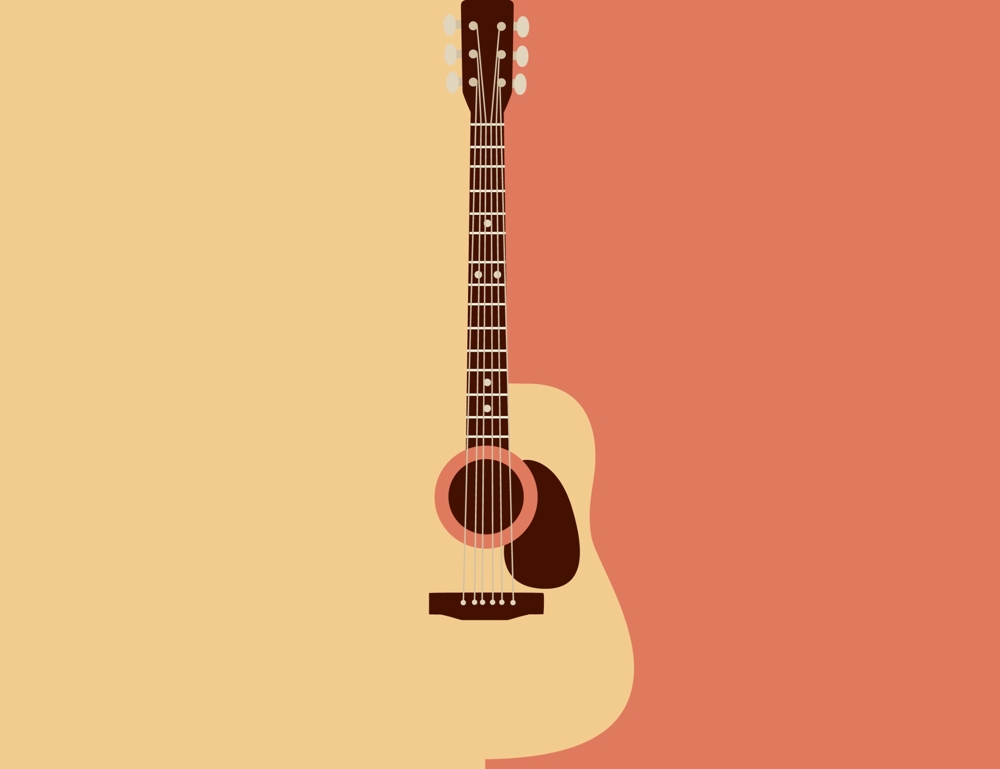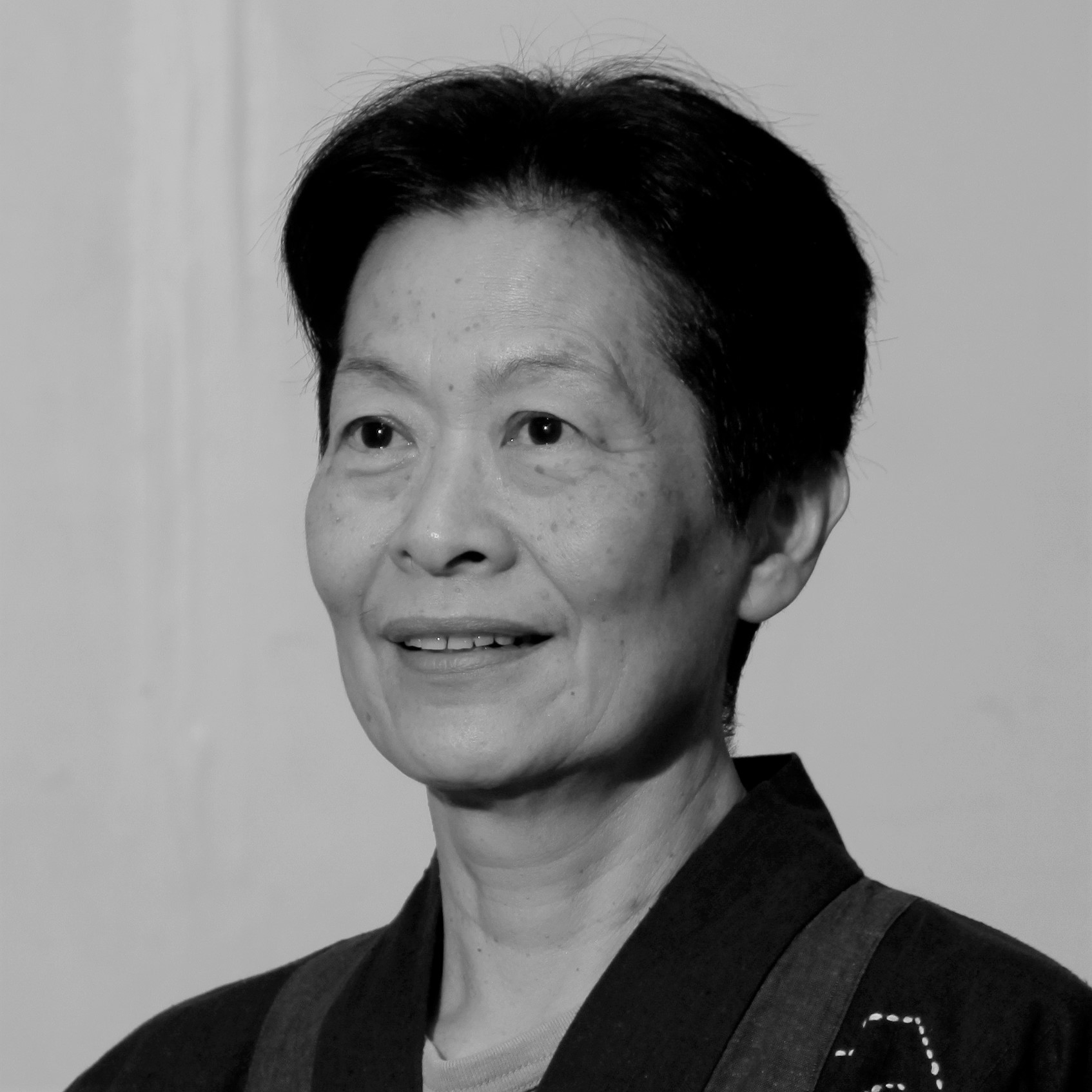- Home
- March 2023
- Words and Music—Two Sides of the Sense of Hearing

Previous Post
Logan's Lasting Legacy
5 min read
You may not notice it driving past the recently refurbished Penang High Courts on Light Street. But look closely and you will spot the memorial dedicated to James Richardson Logan standing tall as if presiding over the hallowed halls of justice.
by
Shakila Rajendra
Next Post
China Cuisines Expand Penang’s Food Scene
3 min read
They are distinct somehow from our local Chinese restaurants. Perhaps it’s because most of them have signage purely in Chinese, loud and usually in red....
You might also like
Imagining National Culture: Lessons From Bangsawan
6 min read
IN THE FIRST half of the 20th century, Bangsawan, or Malay opera, started incorporating the latest Anglo-American dances and music into its already cosmopolitan...
Words and Music—Two Sides of the Sense of Hearing
3 min read
MUSIC HAS ALWAYS been a phenomenon to savour for the great thinkers. One can sense how these master craftsmen of words relished being stumped when it came to an...
Discourse on Sustainability and Indigeneity: PERA + FLORA + FAUNA 2022
4 min read
Photos by PORTPERA + FLORA + FAUNA (PFF) was one of eight “must-see” exhibitions held during the 59th International Art Exhibition of Venice Biennale, themed Th...




